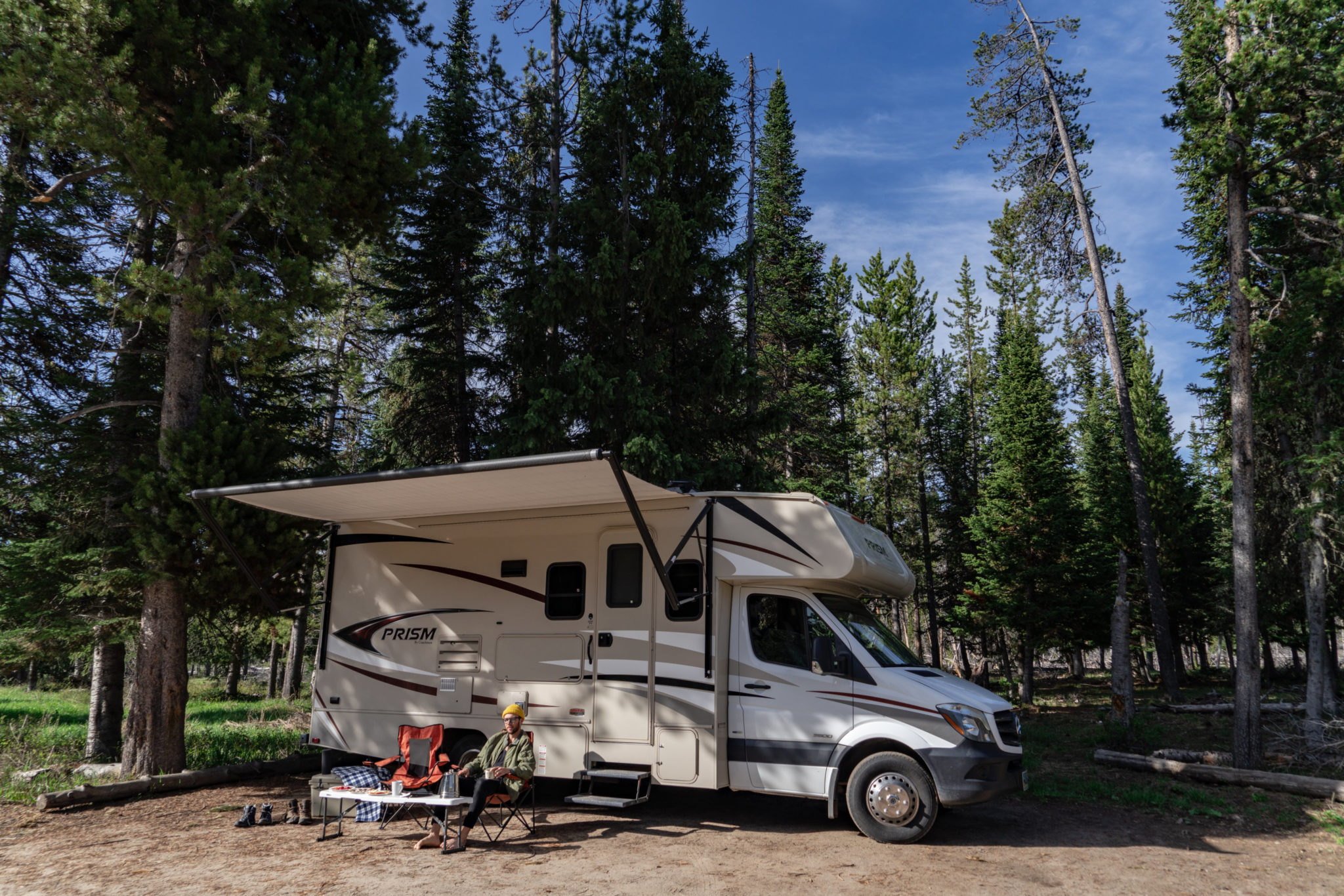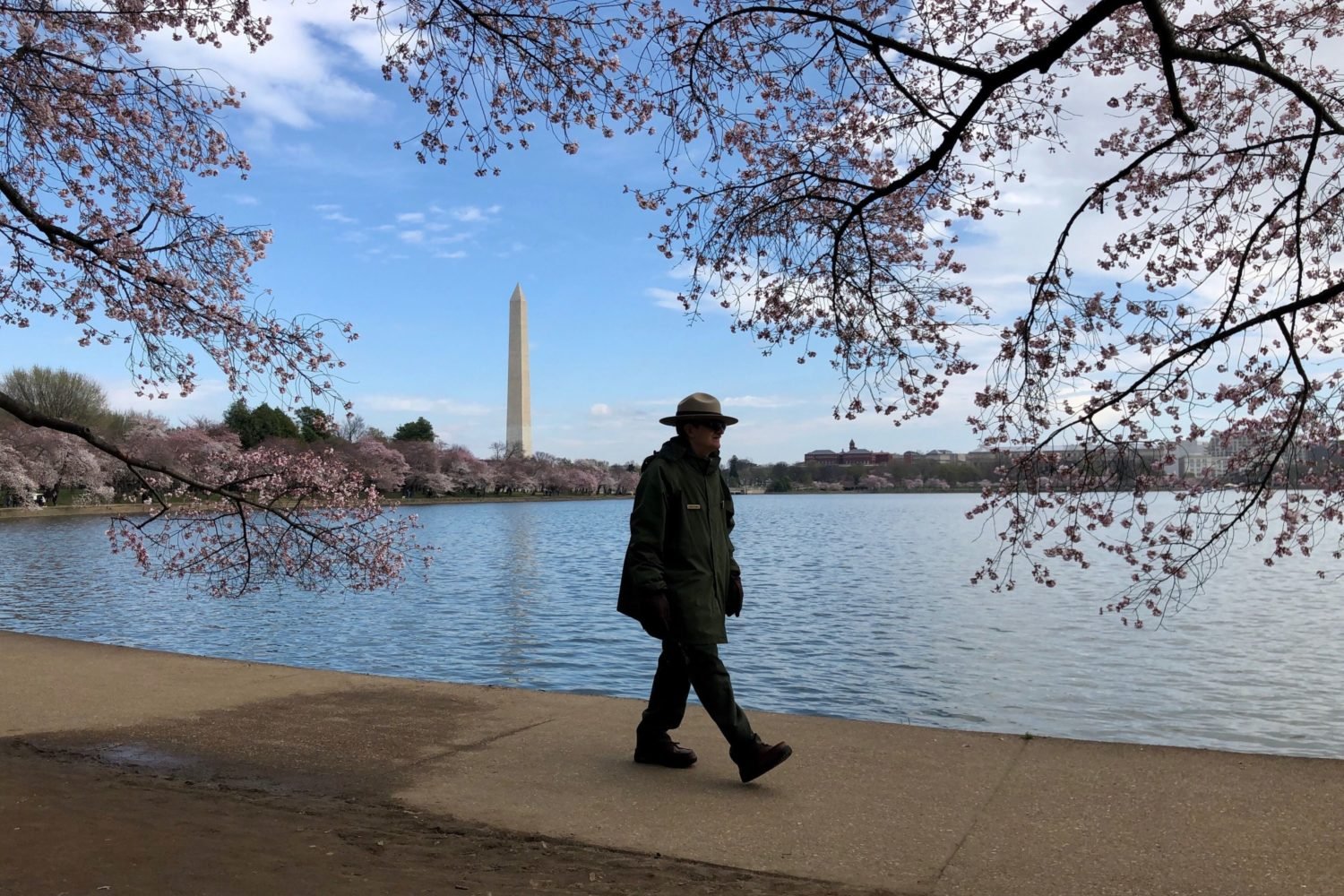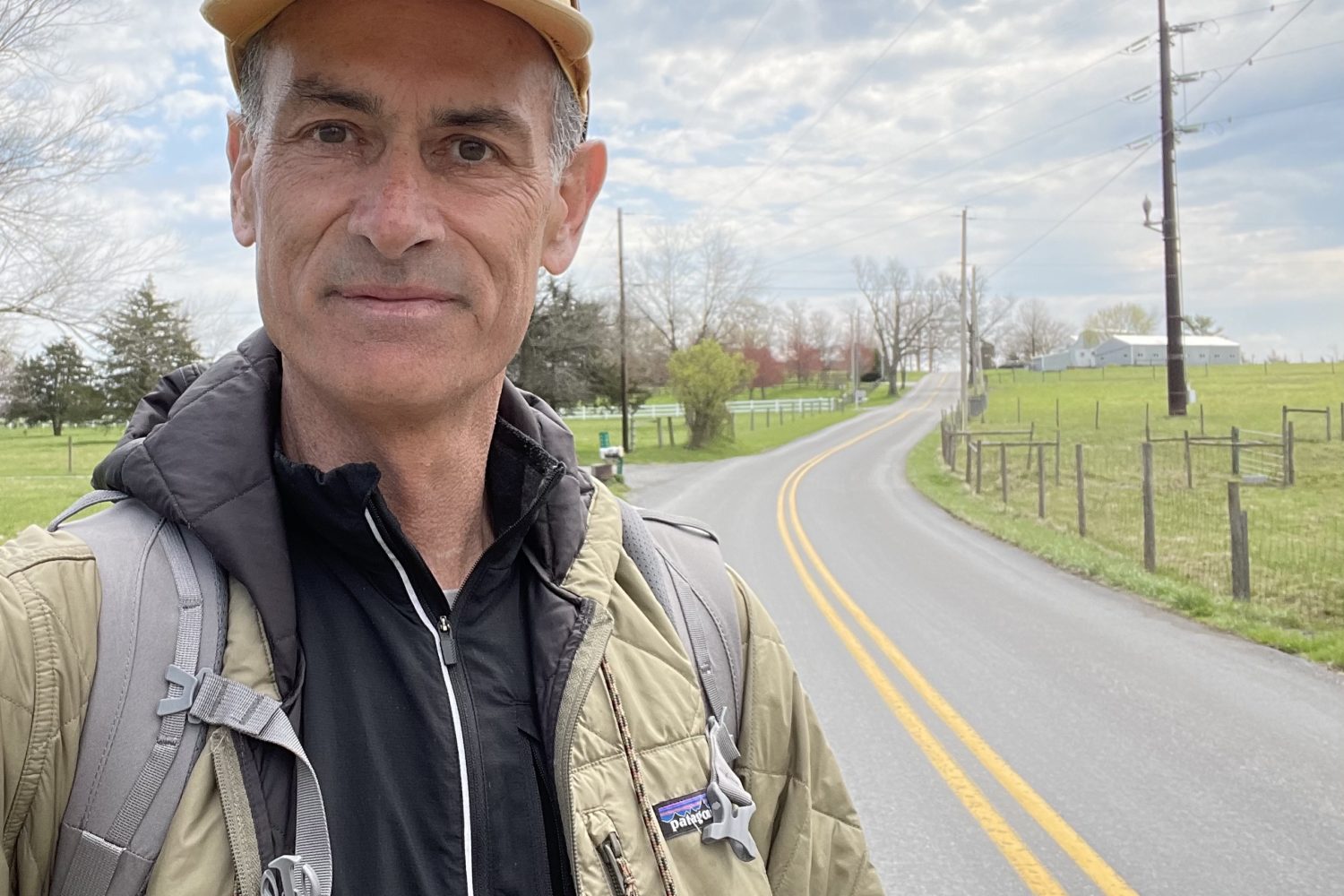About Coronavirus 2020
Washingtonian is keeping you up to date on the coronavirus around DC.
In these pandemic times, things that you may never have imagined you’d do—like buy an adult-sized inflatable pool for your back yard—suddenly make sense. Add to that: Renting an RV.
“We have had record-breaking booking numbers for the last two weeks,” says Maddie Bourgerie, a spokesperson for RVshare, a sort of Airbnb for RVs, with more than 100,000 privately-owned recreational vehicles available for lease. “As of May 19, bookings have skyrocketed more than 1000 percent.”
Toby O’Rourke, the president and CEO of Kampgrounds of America, says that in a recent KOA survey, one-third of people who’ve never camped expressed an interest in doing so this year, while 29 percent of non-campers are interested in RVs.
“I think the outdoors is very inviting, and a good choice versus indoors right now,” O’Rourke says. “Social distancing is still attainable in camping. And it’s affordable.”
Rentals through RVshare average about $150 a night. (Another rental site is Outdoorsy; besides RVs, it features retro-cool camper vans.) That’s on top of gas mileage that’s not great—ranging from 6 to 20 miles a gallon, depending on the model.
Bourgerie says that renters this year are spending more money because they are booking longer trips—an average of eight to ten days, versus four to five last year. That may be due to another difference: They’re booking close to home. Travelers who last year may have reserved the RV near their vacation spot—say Phoenix, so they could fly in and then drive to the Grand Canyon—are this year picking up RVs where they live and planning longer drives. “Now they rent in their hometown, clean it themselves, and pack it,” Bourgerie says.
You can see the appeal of an RV right now: You not only can visit and camp in beautiful spots, without flying there, but you have your own bathroom on the way from point A to B, so there’s no need to use a public restroom.
RVs aren’t all behemoths that sleep families of eight; you can get smaller, more manageable vehicles such as a Mercedes Sprinter van or a “Minnie Winnie,” or mini Winnebago. “The Minnie Winnie is like driving a U-Haul,” Bourgerie says. “It has the cabin of a Ford pickup truck. You still have to move slowly around turns, but it’s a great option for a first-timer.”
If you’re still nervous steering something that large, you need not drive it at all.
“Almost 50 percent of owners offer delivery,” Bourgerie says. “If you [reserve] RV parking at a state park or beach, and driving the RV is not an option because you’re not comfortable, the RV owner will actually drive it there for you and set it up.”
It’s not just rentals that are surging, but also sales. When we called a local RV dealer to try to get someone to comment for this article, the person who answered blurted out: “I’m sorry, I don’t have time to talk. We’re so busy. Sales have blown up since March. We’re going to run out of inventory.”
“There are so many people out there who have never imagined themselves in an RV,” Bourgerie says. “Now people are getting more comfortable with the idea. It’s really expanding the way we think about traveling.”
Whether you rent or buy, you’ll need somewhere to park the RV. Sites within national parks tend to book up well in advance, but you don’t necessarily have to pull off for the night into a park.
“One of the biggest misconceptions is that you have to camp overnight in an RV park,” Bourgerie says. “There are websites, like Harvest Hosts, that offer alternative places to park—breweries, wineries, farmland. Campendium is a favorite; it’s like a Google Maps for camping. It shows you everywhere you can park including boondocking. That’s when you don’t have a specific slot, you just pull off into national forest or public land. That is a great way to experience camping. It’s usually very private, out in the woods by yourself.
“Also, Walmarts and Cracker Barrels allow RVs to park overnight,” Bourgerie adds.
Count that as another thing that, pre-Covid, you may never have imagined doing.





















